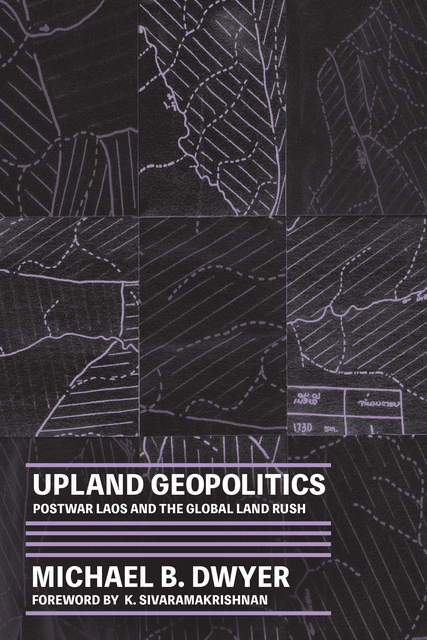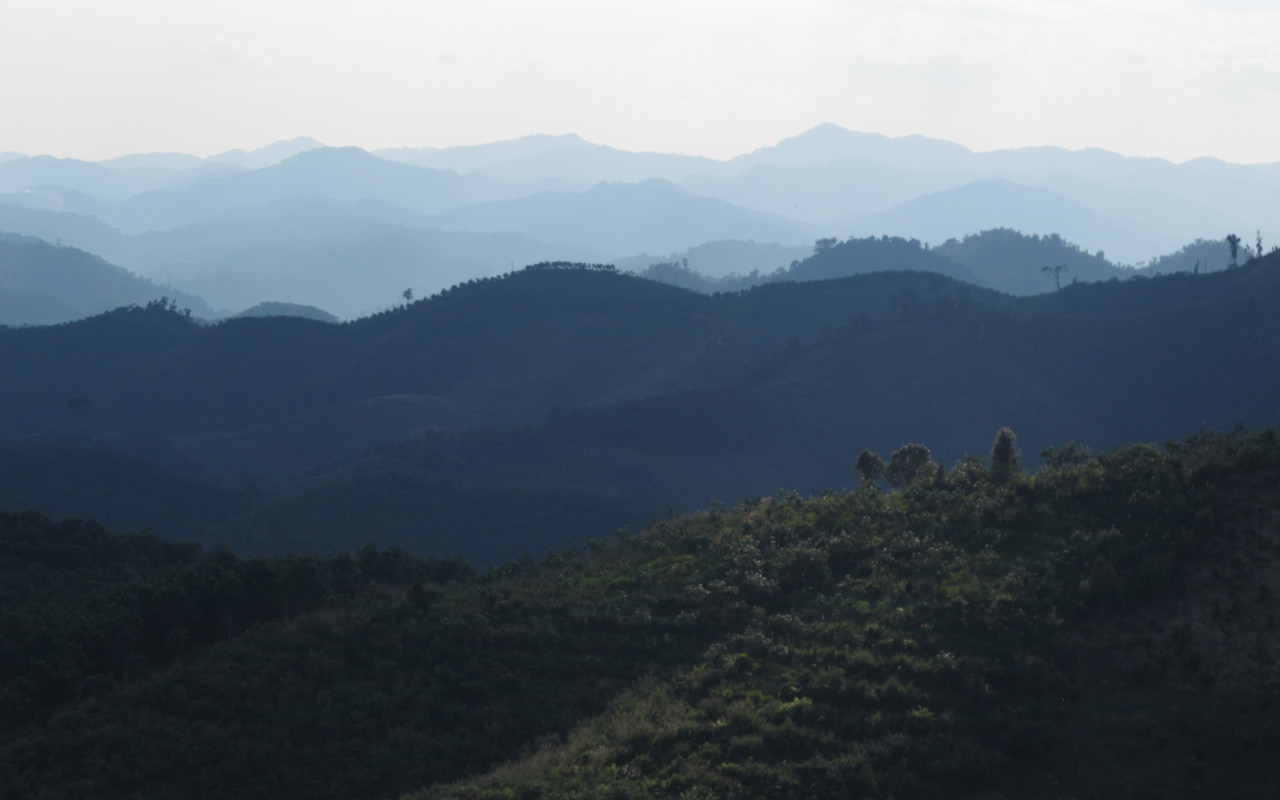Centered in anthropology, the Culture, Place, and Nature series encompasses new interdisciplinary social science research on environmental issues, focusing on the intersection of culture, ecology, and politics in global, national, and local contexts. Contributors to the series view environmental knowledge and issues from the multiple and often conflicting perspectives of various cultural systems.
Series editor: K. Sivaramakrishnan
Upland Geopolitics is freely available in an open access edition thanks to TOME (Toward an Open Monograph Ecosystem) and the generous support of the Indiana University Libraries and the Indiana University Bloomington Office of the Vice Provost for Research. Additional support for the book's publication was provided by the Association for Asian Studies.



